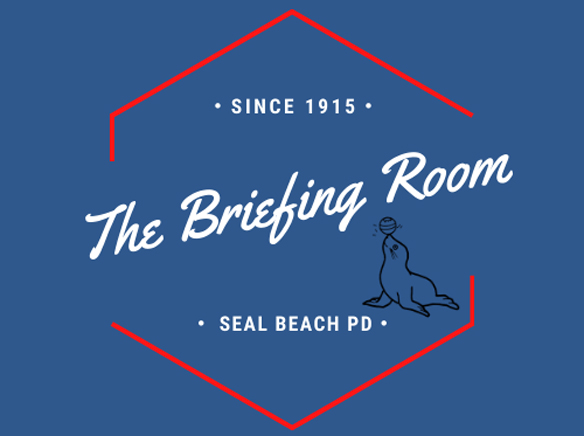Hi Sun Readers!
It is almost inevitable that as the temperature rises in Southern California, the utilities companies will struggle with keeping our communities powered. As we’ve seen this past week, several cities in the region experienced temporary power outages as rolling blackouts swept through the Southland. Most the time, these outages last about an hour, but sometimes they can stretch on for many hours leaving people without the ability to power their lives. It is likely that we can expect more rolling blackouts as this heatwave continues. For this week’s article, we thought it would be a good idea to share some helpful tips for what to do before, during, and after an outage.
Prepare NOW
Take an inventory of the items you need that rely on electricity.
Talk to your medical provider about a power outage plan for medical devices powered by electricity and refrigerated medicines. Find out how long medication can be stored at higher temperatures and get specific guidance for any medications that are critical for life.
Plan for batteries and other alternatives to meet your needs when the power goes out.
Install carbon monoxide detectors with battery backup in central locations on every level of your home.
Determine whether your home phone will work in a power outage and how long battery backup will last.
Review the supplies that are available in case of a power outage. Have flashlights with extra batteries for every household member. Have enough nonperishable food and water.
Use a thermometer in the refrigerator and freezer so that you can know the temperature when the power is restored. Throw out food if the temperature is 40 degrees or higher.
Keep mobile phones and other electric equipment charged and gas tanks full.
Sign up for Nixle messaging by texting 90740 to 888777. We’ll let you know when we expect power outages to occur if we are notified by the utility companies.
Survive DURING
Keep freezers and refrigerators closed. The refrigerator will keep food cold for about four hours. A full freezer will keep the temperature for about 48 hours. Use coolers with ice if necessary. Monitor temperatures with a thermometer.
Maintain food supplies that do not require refrigeration.
Avoid carbon monoxide poisoning. Generators, camp stoves, or charcoal grills should always be used outdoors and at least 20 feet away from windows. Never use a gas stovetop or oven to heat your home.
Check on your neighbors. Older adults and young children are especially vulnerable to extreme temperatures.
Go to a community location with power if heat or cold is extreme.
Turn off or disconnect appliances, equipment, or electronics. Power may return with momentary “surges” or “spikes” that can cause damage.
Be Safe AFTER
When in doubt, throw it out! Throw away any food that has been exposed to temperatures 40 degrees or higher for two hours or more, or that has an unusual odor, color, or texture.
If the power is out for more than a day, discard any medication that should be refrigerated, unless the drug’s label says otherwise.
If a life depends on the refrigerated drugs, consult a doctor or pharmacist and use medicine only until a new supply is available.
For more information, visit https://www.ready.gov/power-outages or contact the Seal Beach Police Department’s Emergency Services Coordinator Corporal Joe Garcia at 562-799-4100 ext. 1145 or jgarcia@sealbeachca.gov.
Seal Beach, please send us questions to answer – email your questions to askacop@sealbeachca.gov and look for our response in next week’s paper!




